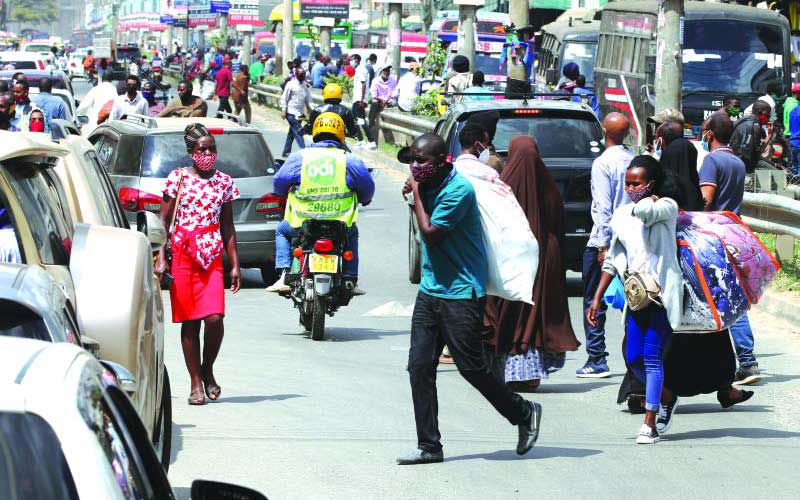×
The Standard e-Paper
Fearless, Trusted News

Business goes back to normal as Easleigh bounces back after a cessation of movement order was lifted in June. Initial fears over Covid-19 have faded, and we are getting used to living with it. [Elvis Ogina,Standard]
In his famous poem, ‘The Hollow Men’ written in 1925, TS Elliot ends with: “This is the way the world ends, not with a bang but with a whimper”.